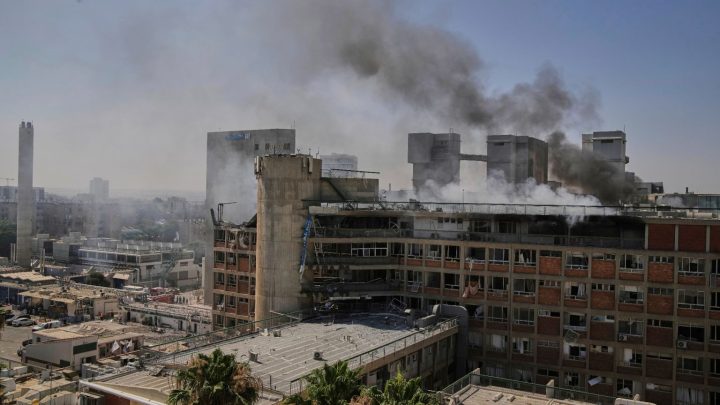The attack, orchestrated by Houthi rebels, targeted ships traversing the strategically significant Red Sea region. This brazen act of aggression raised concerns among international maritime communities and prompted the US to respond decisively.
In a demonstration of military capability, a US destroyer successfully intercepted and neutralized the hostile drones deployed by the Houthi attackers. This immediate response showcases the commitment of the United States to ensuring the safety and security of maritime operations in the region.
Meanwhile the attacks marked an escalation in a series of maritime attacks in the Mideast linked to the Israel -Hamas war as multiple vessels found themselves in the crosshairs of a single Houthi assault for the first time in the conflict.
In a statement, US Central Command said the attacks “represent a direct threat to international commerce and maritime security. They have jeopardised the lives of international crews representing multiple countries around the world.” It said the three commercial ships and their crews are connected to 14 countries.
According to Central Command, the USS Carney, a Navy destroyer, detected a ballistic missile fired from Houthi-controlled areas of Yemen at the Bahamas-flagged bulk carrier Unity Explorer.
The missile hit near the ship. Shortly afterward, the Carney shot down a drone headed its way, although it’s not clear if the destroyer was the target. The drone was also launched from Yemen.
About 30 minutes later, the Unity Explorer was hit by a missile, and while responding to the distress call the Carney shot down another incoming drone. Central Command said the Unity Explorer reported minor damage from the missile.
Two other commercial ships, the Panamanian-flagged bulk carriers Number 9 and Sophie II, were both struck by missiles. The Number 9 reported some damage but no casualties, and the Sophie II reported no significant damage.
While sailing to assist the Sophie II, the Carney shot down another drone heading in its direction. The drones did no damage.
“We also have every reason to believe that these attacks, while launched by the Houthis in Yemen, are fully enabled by Iran,” Central Command said, adding that the U.S. will consider “all appropriate responses.”
The Carney, an Arleigh Burke-class guided-missile destroyer, has already shot down multiple rockets the Houthis have fired toward Israel so far in the war. It hasn’t been damaged in any of the incidents and no injuries have been reported on board.
Houthi military spokesman Brig. Gen. Yahya Saree claimed Sunday’s attacks, saying the first vessel was hit by a missile and the second by a drone while in the Bab el-Mandeb Strait, which links the Red Sea to the Gulf of Aden. Saree did not mention any U.S. warship being involved in the attack.
The incident serves as a reminder of the ongoing threats faced by vessels navigating through the Red Sea and the surrounding waters. Houthi rebel activities have posed a significant challenge to the stability and tranquility of the region, requiring robust measures to safeguard maritime interests.
International actors and stakeholders are closely monitoring the situation, as any disruption to maritime trade in this vital area could have far-reaching consequences on global commerce and security.
Collaborative efforts are being undertaken to address the root causes of such attacks and to develop effective strategies that counteract these threats.
Check also;
- Why Israel Has Opted Not To Extend UN Envoy’s Visa
- Israel Releases 33 Palestinian Prisoners In Exchange For 11 Hostages Following Truce Extension
Please use the button below to contribute to Newslex Point, Inc. using a credit card or via PayPal.

 Newslex Point News in Uganda, Uganda news
Newslex Point News in Uganda, Uganda news












